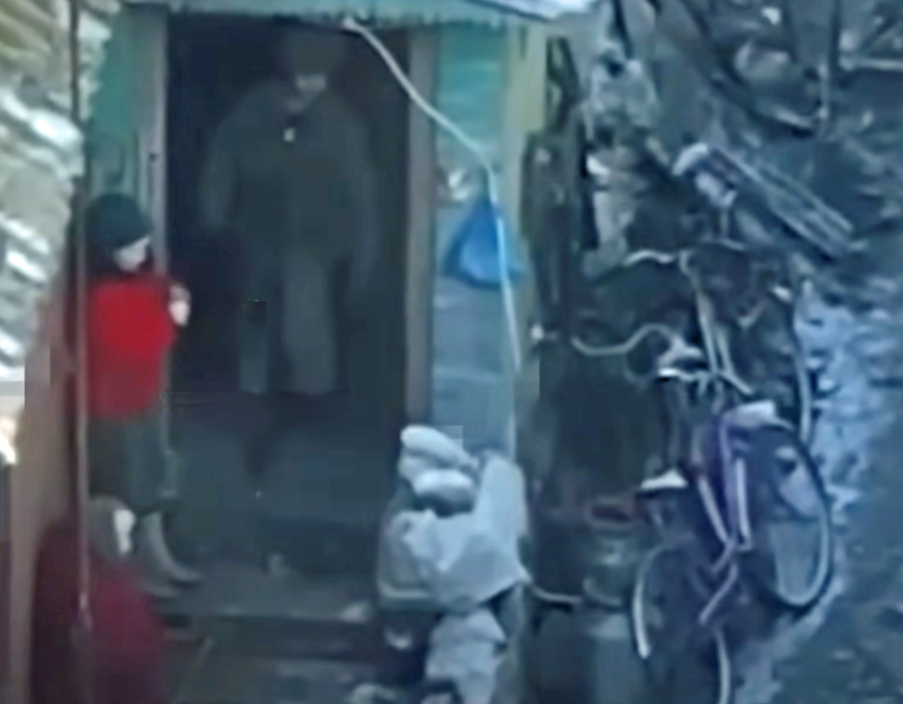Fielded by both Ukraine and Russia, the Soviet-era Su-24 attack aircraft (NATO code name Fencer) continues to play an active role on Ukraine's battlefield. However, logistic differences and supply issues have led to vastly different deployments and tactics between the two nations.
Although Russia has a far superior number of Su-24s, Ukraine still operates a limited number of Su-24s and utilizes them to its great advantage, even going as far as incorporating technology from its Western allies to cope with the logistical difficulties due to its Soviet/Russian origin.
JOIN US ON TELEGRAM
Follow our coverage of the war on the @Kyivpost_official.
Background of the Su-24 Bomber
The Sukhoi Su-24, known as the “Fencer” by NATO, is an all-weather, twin-engine bomber developed by the Soviet Union in the 1960s. It is a two-seat attack aircraft with the pilot and navigator sitting side by side.
Su-24 airframes have a distinctive variable-sweep wing design that could provide stability in supersonic flights and maneuverability in subsonic flights, similar to the US's Grumman F-14 Tomcat and the Panavia Tornado fighters manufactured by the UK, Italy and Germany. However, the design adds substantial weight to the airframe, and newer technology has made it obsolete.
Since entering service in the 1970s, it has seen combat in conflicts such as the Iran-Iraq War, the Soviet-Afghan War, and more recently, the ongoing war in Ukraine.
There are also several variants in the swing-wing Su-24 family, such as Su-24M (an upgraded version with better avionics and slight airframe modifications), Su-24M2 (a modern version with new navigation and weapon control systems), Su-24MK (an export variant with downgraded avionics), and the Su-24MR reconnaissance model.
Ukraine Hit on Russia’s Engels Oil Depot Could Disrupt Fuel Supplies for Strategic Bombers
Su-24s in Ukraine
Both Ukraine and Russia have used the Su-24M bombers and their variants in Ukraine.
While the MiG-29 Fulcrum fighter forms the backbone of the Ukrainian Air Force, Su-24 Fencer aircraft, operated by the 7th Tactical Aviation Brigade based out of the Starokostiantyniv Air Base in western Ukraine, continue to see limited actions in the current war.
Ukraine inherited between 100 and 200 Su-24 airframes from the Soviet Union, but it is difficult to determine how many operational aircraft remained.
According to an article by Aviation Photo Digest, Ukraine likely had 25 active Su-24M and Su-24MRs in 2015 and a few dozen more in relatively good condition, without considering the scrap yard located in Bila Tserkva.
A Forbes article estimated that, theoretically, the 7th Bomber Regiment could field close to 55 such jets, but the number is likely much lower as parts become unsalvagable over time.
In the initial stages of Russia's invasion, at least two Su-24Ms were used to engage Russian airborne troops inserted by helicopters at the Hostomel airport outside Kyiv.
However, it is estimated that Ukraine lost a number of Su-24 supersonic bombers to Russia in the early stages of the war to Russian air defenses.
One Su-24M was shot down near the Bucha region outside Ukraine's capital on Feb. 27, 2022. Major Ruslan Belous and Captain Roman Dovhalyuk were killed in action and posthumously awarded the Order of Bohdan Khmelnytskyi. Another Su-24M was lost over the Izyum front in March 2022, but the pilot ejected safely.
Storm Shadow configurations
In May 2023, Kyiv received a batch of Storm Shadow cruise missiles from the UK.
As opposed to conventional laser-guided bombs, the Western cruise missile is a game changer that provides precision attack capability, and the Ukrainian military has since used it to strike targets behind Russian defense lines while avoiding losing its valuable Su-24 tactical bombers.
Storm Shadow, also called SCALP-EG for the French version, is a British long-range air-launched cruise missile that could reach targets as far as 550 km using its internal inertial navigation system (INS) and GPS information.
The different weapon systems would normally prohibit Soviet technology from communicating with Western armaments, but military watchers believed that Ukraine used decommissioned pylons from the British Royal Air Force (RAF) Tornado GR4 fighters to equip its Su-24Ms and Su-24MRs bombers with the missiles. There is also speculations that coordinates were entered pre-flight due to the incompatibility.
In July, Russian media claimed a Storm Shadow struck a hotel in occupied Berdyansk and killed a high-ranking general. A video published by the Ukrainian Air Force on Facebook implied that a Storm Shadow missile, deployed using a Su-24 jet, was used in an attack on the Russian Black Sea Fleet in Sevastopol that destroyed the Rostov-on-Don submarine.
As the counteroffensive continues with Kyiv opening bridgeheads in Kherson towards Crimea, it is possible that Su-24s will continue to strike critical Russian military assets on the Crimean front using the new missiles.
You can also highlight the text and press Ctrl + Enter







